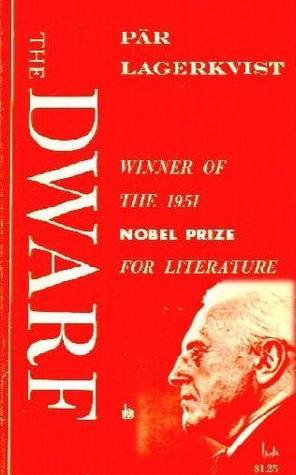What do you think?
Rate this book


228 pages, Paperback
First published January 1, 1944


"When I saw the Prince looking at me I met his eyes with serenity. They were strange. Human eyes are sometimes like that -a dwarf’s never. It was as though everything in his soul had floated to the surface and was watching me and my actions with mingled fear, anxiety, and desire; as though strange monsters had emerged from the depths, twisting and turning with their slimy bodies. An ancient being like myself never looks like that."